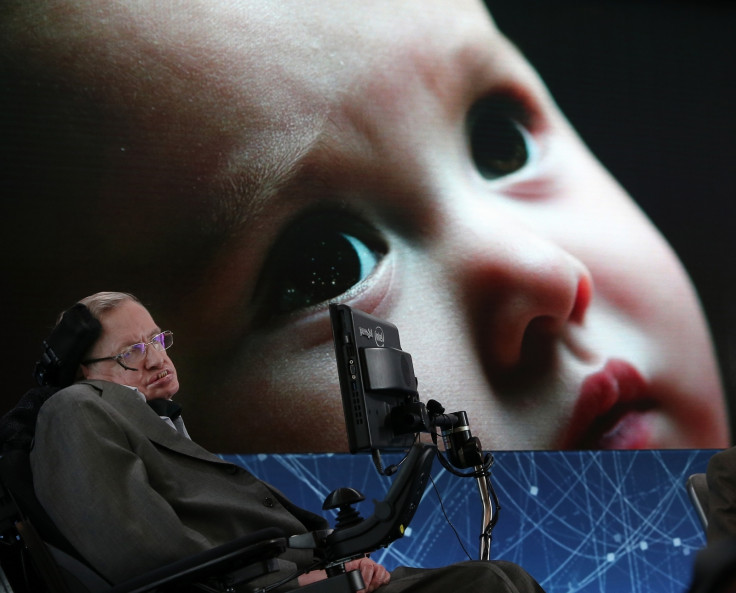Stephen Hawking warns AI could 'replace humans altogether' and create a 'new form of life'
This isn't the first time that Hawking has warned about the rapid development of AI and its potential danger to humanity.
Famed physicist Professor Stephen Hawking has voiced serious concerns over the growth and development of artificial intelligence, warning that someone may create a superior AI that could outperform humans and possibly "replace humans altogether". In an interview with Wired magazine, Hawking said this may result in a "new form of life".
"I fear that AI may replace humans altogether," Hawking told Wired, according to a report in Cambridge News. "If people design computer viruses, someone will design AI that improves and replicates itself. This will be a new form of life that outperforms humans."
This isn't the first time that Hawking has warned about the rapid development of AI and its potential danger to humanity.
At the launch of Cambridge University's £10m ($13m) Leverhulme Centre for the Future of Intelligence in October last year, Hawking said the rise of powerful AI will be "either the best or the worst thing ever to happen to humanity".
"I believe there is no deep difference between what can be achieved by a biological brain and what can be achieved by a computer. It therefore follows that computers can, in theory, emulate human intelligence — and exceed it," Hawking had said at the time, noting that the technology could be used to eradicate disease, poverty and the battle against climate change.
However, he also said the technology could be used to develop powerful autonomous weapons or "new ways for the few to oppress the many".
"Success in creating AI could be the biggest event in the history of our civilisation," Hawking had said in 2016. "But it could also be the last – unless we learn how to avoid the risks.
"Recent landmarks, such as self-driving cars, or a computer winning at the game of Go, are signs of what is to come. Enormous levels of investment are pouring into this technology. The achievements we have seen so far will surely pale against what the coming decades will bring."

Tesla and SpaceX CEO Elon Musk has also long expressed his concerns about AI, describing it as a "fundamental and existential risk to humanity". He recently spoke out against former Uber employee Anthony Levandowski, who apparently founded a non-profit religious organisation that called for the creation of an AI-based "Godhead".
Levandowski — the lead engineer at the heart of the Uber-Waymo lawsuit over self-driving technology — reportedly filed paperwork in September 2015 to create the "Way of the Future", which seeks to "contribute to the betterment of society" through the "understanding and worship of the Godhead".
In a tweet last week, Musk said Levandowski should be "on the list of people who should absolutely *not* be allowed to develop digital superintelligence".
On the list of people who should absolutely *not* be allowed to develop digital superintelligence...https://t.co/reNZ50FGNC
— Elon Musk (@elonmusk) October 24, 2017





















